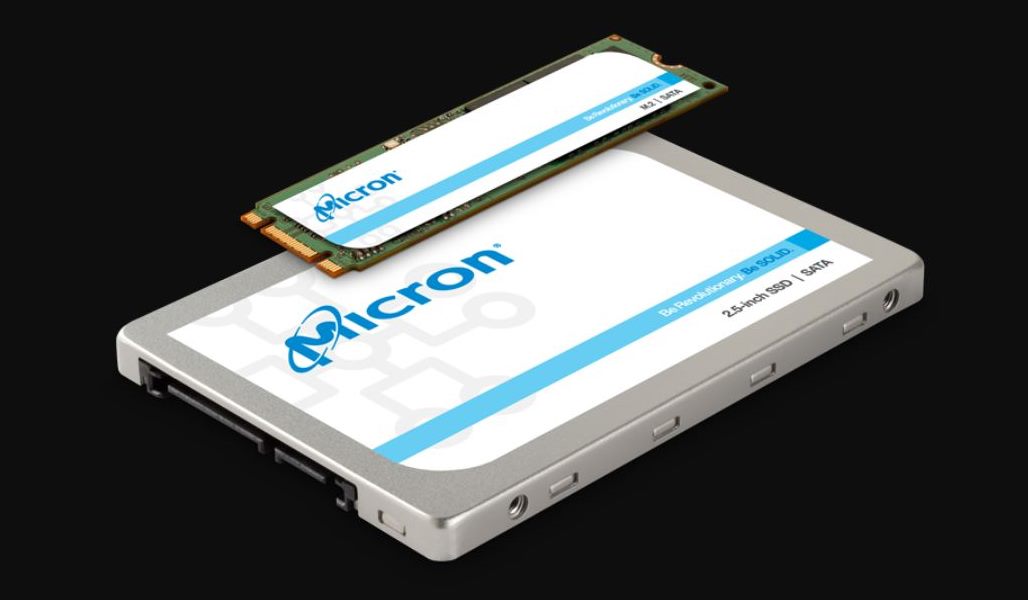Micron Debuts First SSDs With Its Home-Grown Controller
Micron today introduced its new NVMe SSD portfolio ranging from 256GB to 1TB of storage. The SSDs promise much higher random and sequential read/write performance compared to legacy SATA III SSDs. The drives, aimed at client computing and available today, also come with more advanced features, such as self-governing power states, encryption technology and dynamic write acceleration
The new Micron 2200 PCIe-NVMe SSD product line-up uses an internally designed ASIC drive controller and firmware, plus 3D TLC NAND and comes in an M.2 form factor. Micron expects to use this product line-up across various categories of client markets that demand NVMe SSDs.
“By the end of 2020, over 65 percent of the client PC market is projected to transition to NVMe SSDs, with rapidly increasing average device capacities,” Roger Peene, VP of product planning and strategy for Micron’s Storage Business Unit, said in a statement accompanying the announcement. "The Micron 2200 PCIe-NVMe SSD accelerates the adoption of SSDs by addressing the storage-intensive workloads in client computing that demand performance at compelling prices.”
The Micron 2200 SSDs deliver up to 3GB/second sequential reads, 1.6GB/second sequential writes, 240,000 inputs/outputs (IOPS) random reads and 210,000 IOPS random writes, which the company says will accelerate common video streaming and editing workloads.
The SSDs also feature burst data writes with much higher performance compared to the baseline write performance. This is typically achieved with the use of SLC-type “cache” on the drive, which can be used to move smaller size files at multi-GB/s speeds.
The self-governing power feature also means that the SSDs are up to 98 percent more efficient in the low-power state compared to HDDs, according to Micron. The host-controlled thermal management (HCTM) also reduces the drive's operating temperature to protect nearby PC components.
The self-encryption feature of the new Micron 2200 is also compatible with TCG Opal 2.0 standard. However, as we’ve seen before, that alone does not mean you should be relying on this feature from any drive. Third-party open source solutions, such as Veracrypt, may be preferable. The encryption technology of Micron's Crucial products was previously found to be hopelessly broken.
Get Tom's Hardware's best news and in-depth reviews, straight to your inbox.
Lucian Armasu is a Contributing Writer for Tom's Hardware US. He covers software news and the issues surrounding privacy and security.
